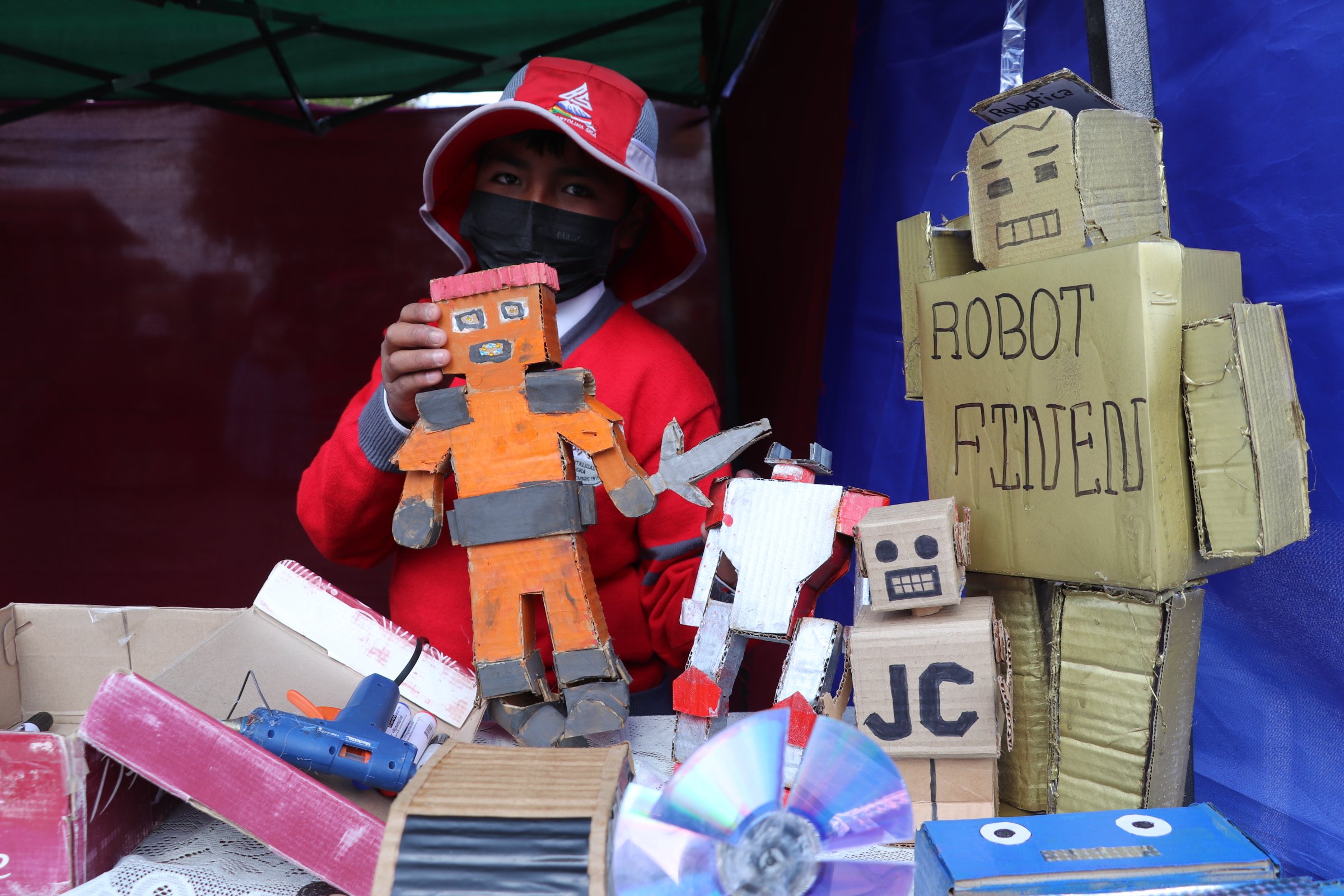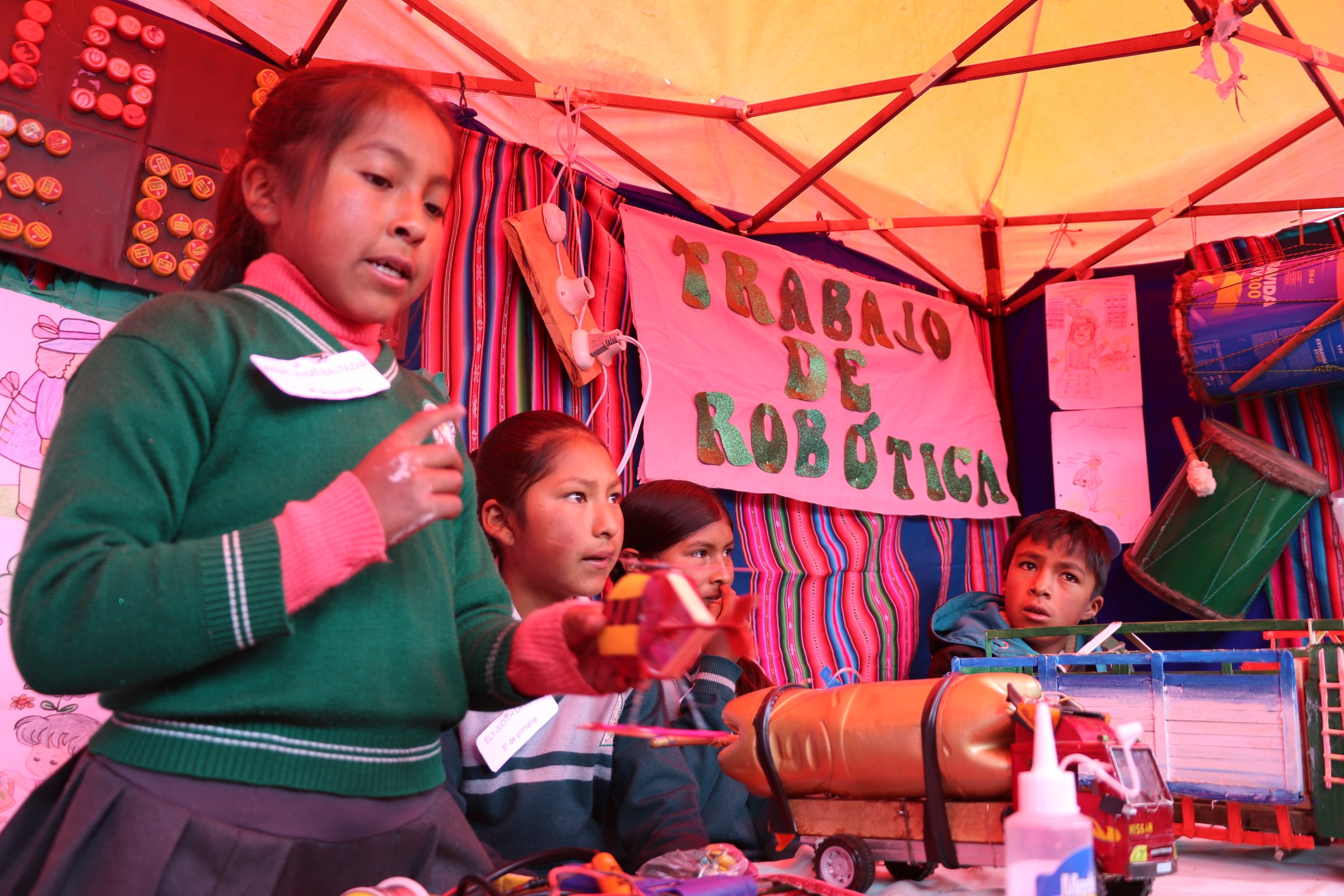Technological Barriers to Education
As rural Bolivian communities struggled through the COVID-19 pandemic, an obvious lack of health services was not the only major problem they faced. The pandemic also revealed an immense list of systemic barriers that cause families in rural communities to face generational cycles of poverty that seem impossible to escape. One of the greatest problems the pandemic uncovered was a lack of technological capacity within the education sector, especially for girls who are less likely to attend school than boys due to limited family resources.
This digital divide meant that virtual classes were impossible. While many families around the world could send their kids to school via the internet using phones and computers, children in rural Bolivian communities lost at least two years’ worth of education, essentially stunting future educational opportunities. With or without a pandemic, lack of technology creates a gap between urban and rural areas. Children in these communities are underserved and digitally disadvantaged, which prevents them from accessing jobs in the future.
Problem-Solving with Robotics
In response to this multidimensional challenge, the CHOICE team in Bolivia worked with communities and local school authorities in the municipality of Ayo Ayo to launch the Lightning Robotics project. Its purpose was for all participating children, both male and female, to have the opportunity to acquire basic education that could increase their chances of obtaining stable jobs in the future, despite not having access to computers or phones. The project brought technology into the community in the form of robotic engineering classes.
To do this, the CHOICE team hired a robotics teacher named Alvaro Flores and worked with the community to purchase robotics kits filled with equipment, complete with chips that allowed for remote control functions. Alvaro taught 72 students how to build basic automated machines such as remote-controlled cars, water pumps, and automated tricycles. A major focus for the project was to ensure that a large majority of students were girls so they could have equal opportunities for jobs in technology in the future.

One outcome of this project was that older students were able to enter Minesweepers, an international robotics competition held in Egypt, where they built an automated minesweeper machine that could identify hand grenades left behind by soldiers. In a simulated environment, the machine used magnets to find mock grenades buried in the earth and safely remove them so they could not be accidentally found by children. The students received the incredible experience of traveling to Egypt to present their robot and ended up taking second place in the competition.
Directly and indirectly, this project impacted 822 teachers and students, and young children were able to set their eyes on big goals for the future with technological skills in hand.
Gender Equity at the Science Fair

At the end of 2022, CHOICE held a science fair where both boys and girls could participate. Two of these participants were sisters Melania, 12 years old and in sixth grade, and Lusmila, 8 years old and in first grade. Both girls predominantly speak Aymara, an indigenous language spoken in Bolivia and Peru. They built a small, automated tricycle using only recycled materials and presented it to other participants, speaking completely in their native tongue. In their presentation, Melania explained, “We wanted to experiment with building a small, mini water pump that we could later present to my community, but we did not have the materials.”
With CHOICE Humanitarian’s support to obtain materials and teachers, the sisters were able to have that opportunity. Melania and her sister Lusmila are learning how to build robotics and develop skills they might need to access success in a technology-filled world.